
Johns Hopkins UniversityEst. 1876
America’s First Research University
ICYMI: New & Notable Articles (4 Mar 2024)

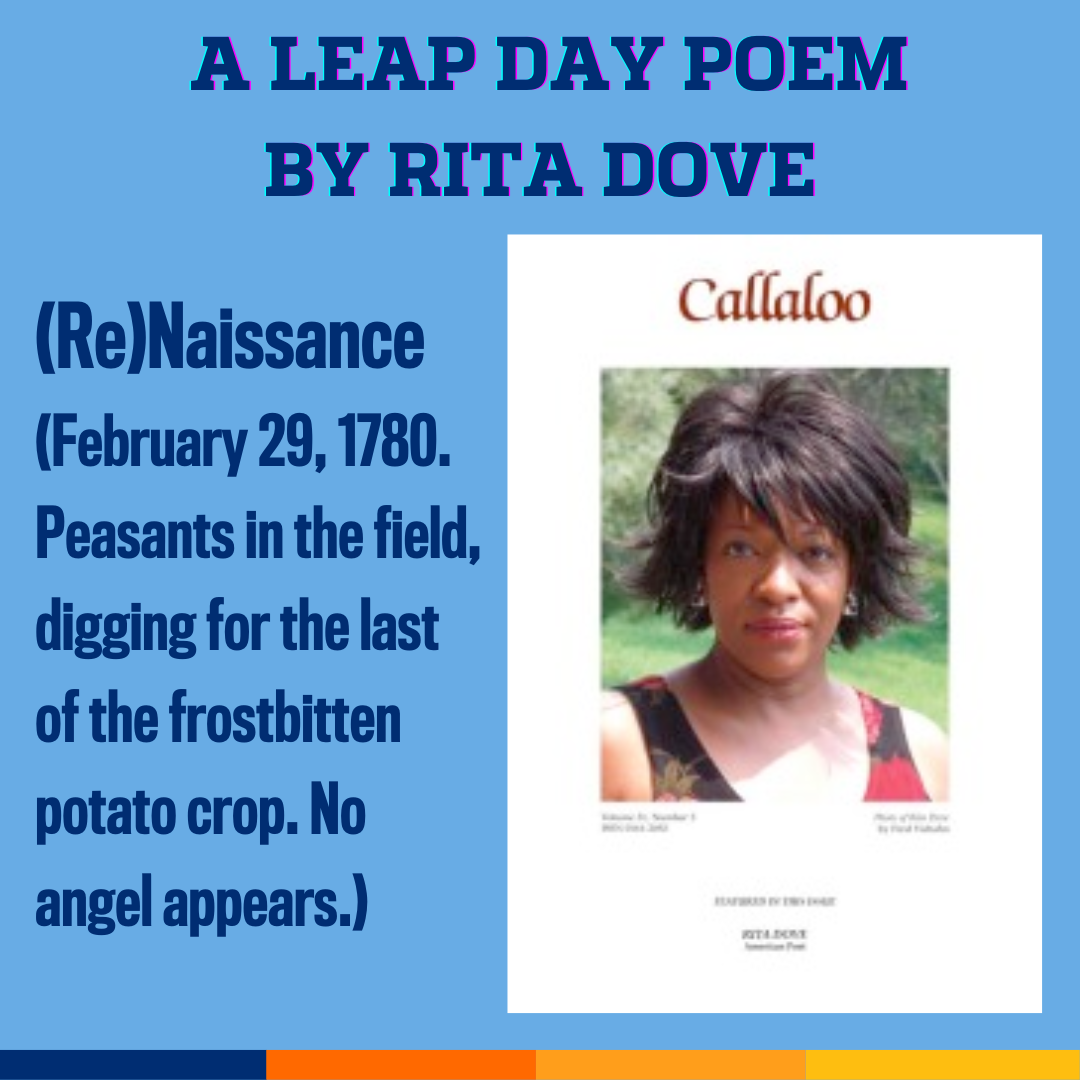
(Re)Naissance (February 29, 1780. Peasants in the field, digging for the last of the frostbitten potato crop. No angel appears.)
Rita Dove
Callaloo
Volume 31, Number 3, Summer 2008
A leap day poem from the one and only Rita Dove
From a 2008 edition of Callaloo:
(Re)Naissance
(February 29, 1780. Peasants in the field, digging for the last of the frostbitten potato crop. No angel appears.)
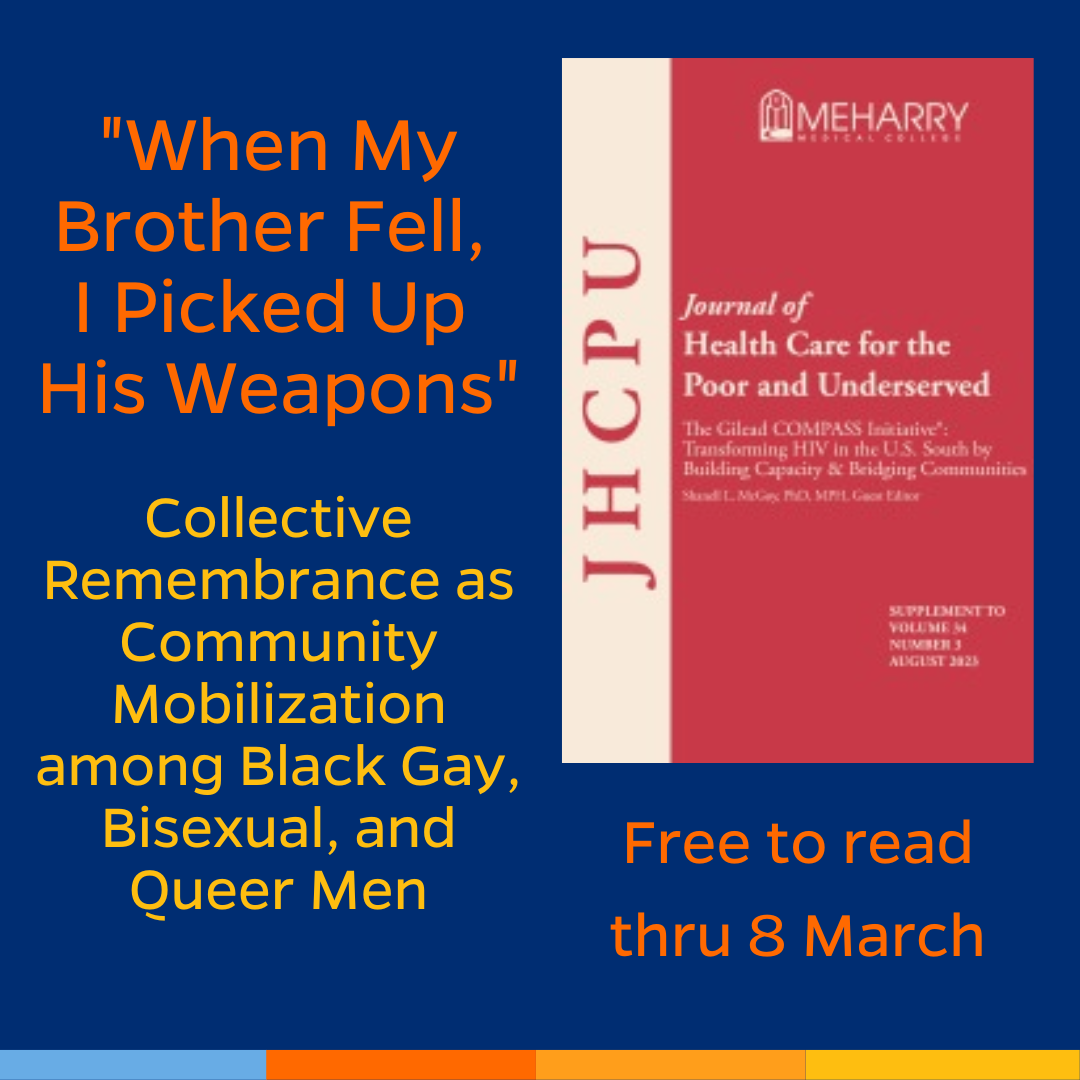
"When my Brother Fell, I Picked Up His Weapons": Collective Remembrance as Community Mobilization among Black Gay, Bisexual, and Queer Men
Charles Stephens, BA, Justin C. Smith, MS, MPH, and Deion S. Hawkins, PhD
Journal of Health Care for the Poor and Underserved
Volume 34, Number 3, August 2023 Supplement
In Journal of Health Care for the Poor and Underserved, explore how The Counter Narrative Project (CNP) deployed collective memory strategies to counter collective trauma among Black gay, bisexual, and queer men
Free thru 8 March
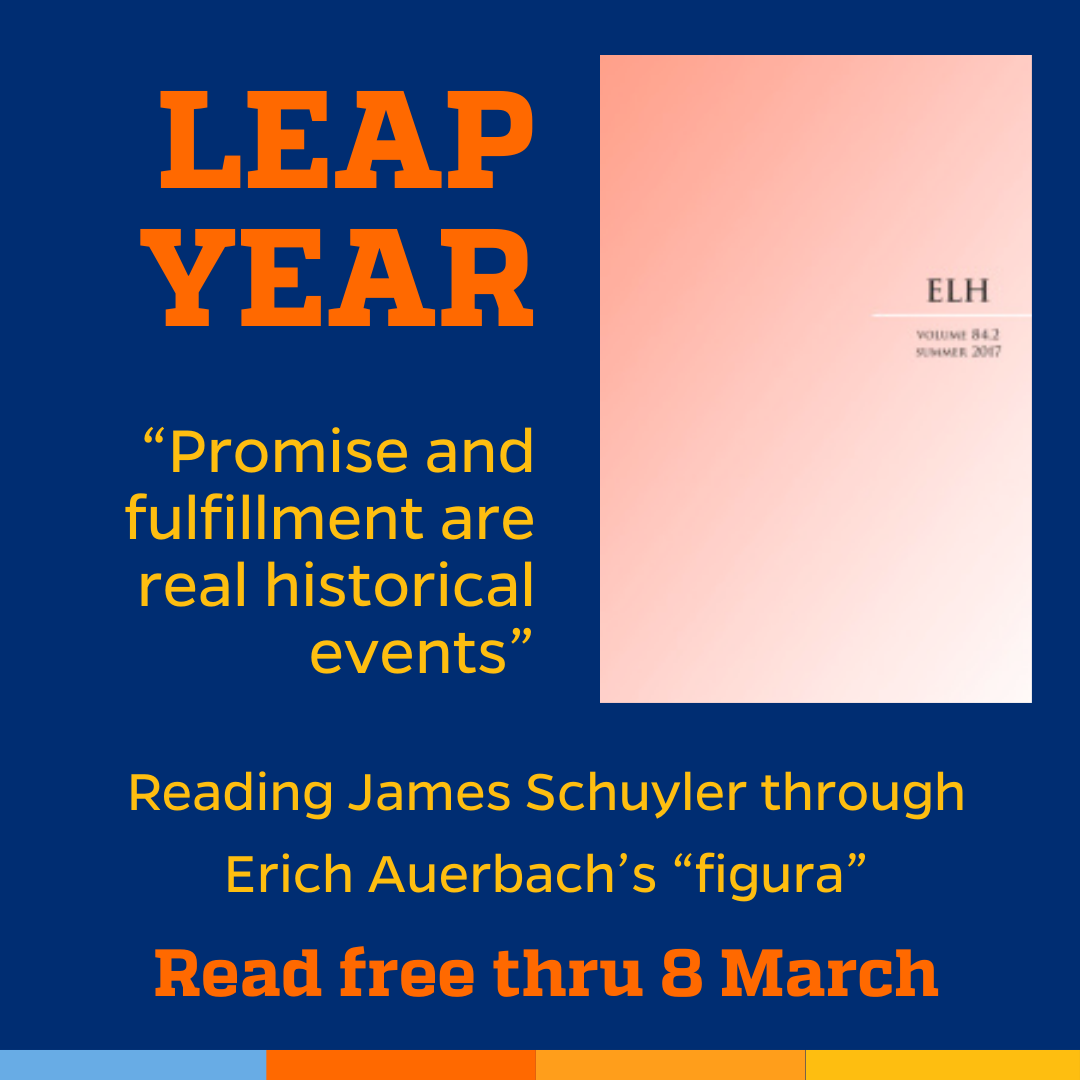
Leap Year
Jeff Dolven
ELH
Volume 84, Number 2, Summer 2017
Tracing the transcendental in James Schuyler’s 1969 poem “Leap Year” through Erich Auberbach’s notion of “figura,” Jeff Dolven suggests a renewed theologizing of the poetic
From a 2017 edition of ELH, free thru Mar 8

Loyalty to Empire
Moon-Ho Jung
Journal of Asian American Studies
Volume 26, Number 1, February 2023
In Journal of Asian American Studies, Moon-Ho Jung considers a 2003 conversation between Arundhati Roy and Howard Zinn to reflect on a gulf in perceptions of U.S. history and empire, even among “progressive” historians
Free thru 8 Mar
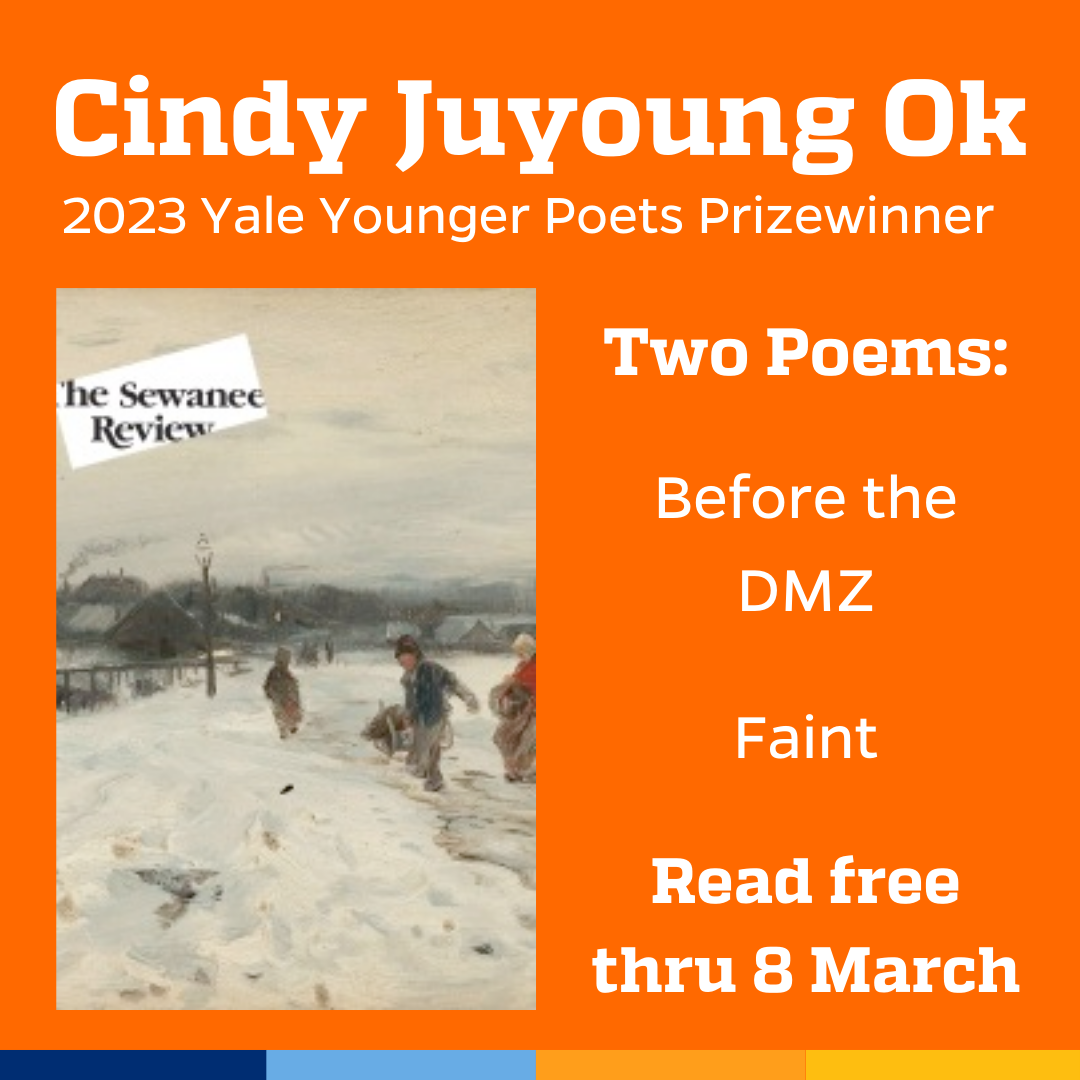
Before the DMZ, and: Faint
Cindy Juyoung Ok
Sewanee Review
Volume 132, Number 1, Winter 2024
Today we share two poems from 2023 Yale Younger Poets Prize winner Cindy Juyoung Ok in the latest edition of The Sewanee Review
Before the DMZ
Faint
Read free thru 8 March

Isamu Noguchi's Gardens: Yellow Peril in the Age of Information
Huan He
Configurations
Volume 32, Number 1, Winter 2024
Considering Isamu Noguchi’s Gardens against Norbert Weiner’s “Yellow Peril” statistics, Huan He argues the historical formation of the information age is embedded within the historical formation of racial liberalism
Free in Configurations thru 8 March
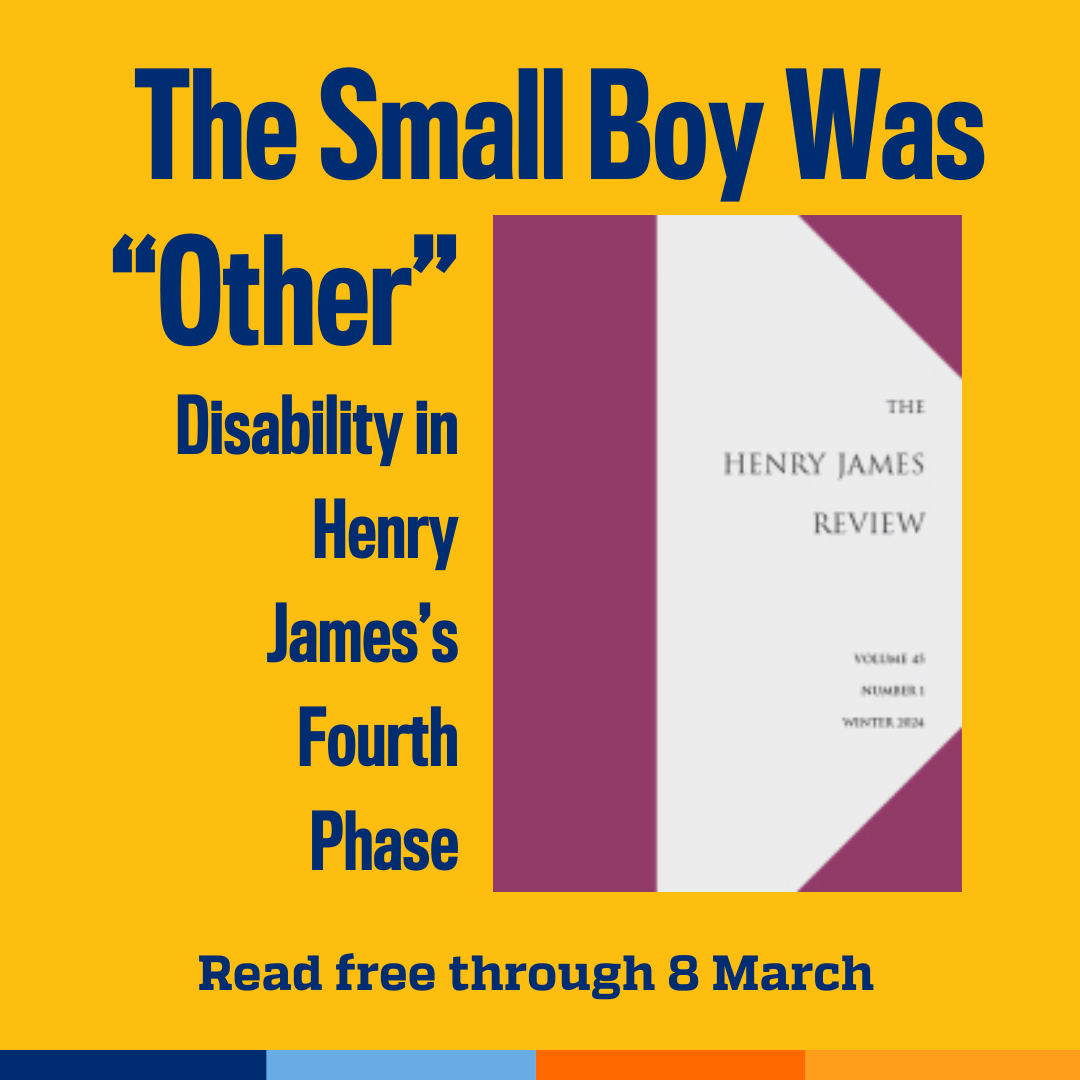
The Small Boy Was “Other”: Disability in James’s Fourth Phase
Kathleen Lawrence
The Henry James Review
Volume 45, Number 1, Winter 2024
Today we pay tribute to Henry James—who died on this day in 1916—with a pair of articles from the new Henry James Review
First, study James' later memoirs from a disability studies perspective with Kathleen Lawrence's “The Small Boy Was ‘Other’”
Free thru 8 March
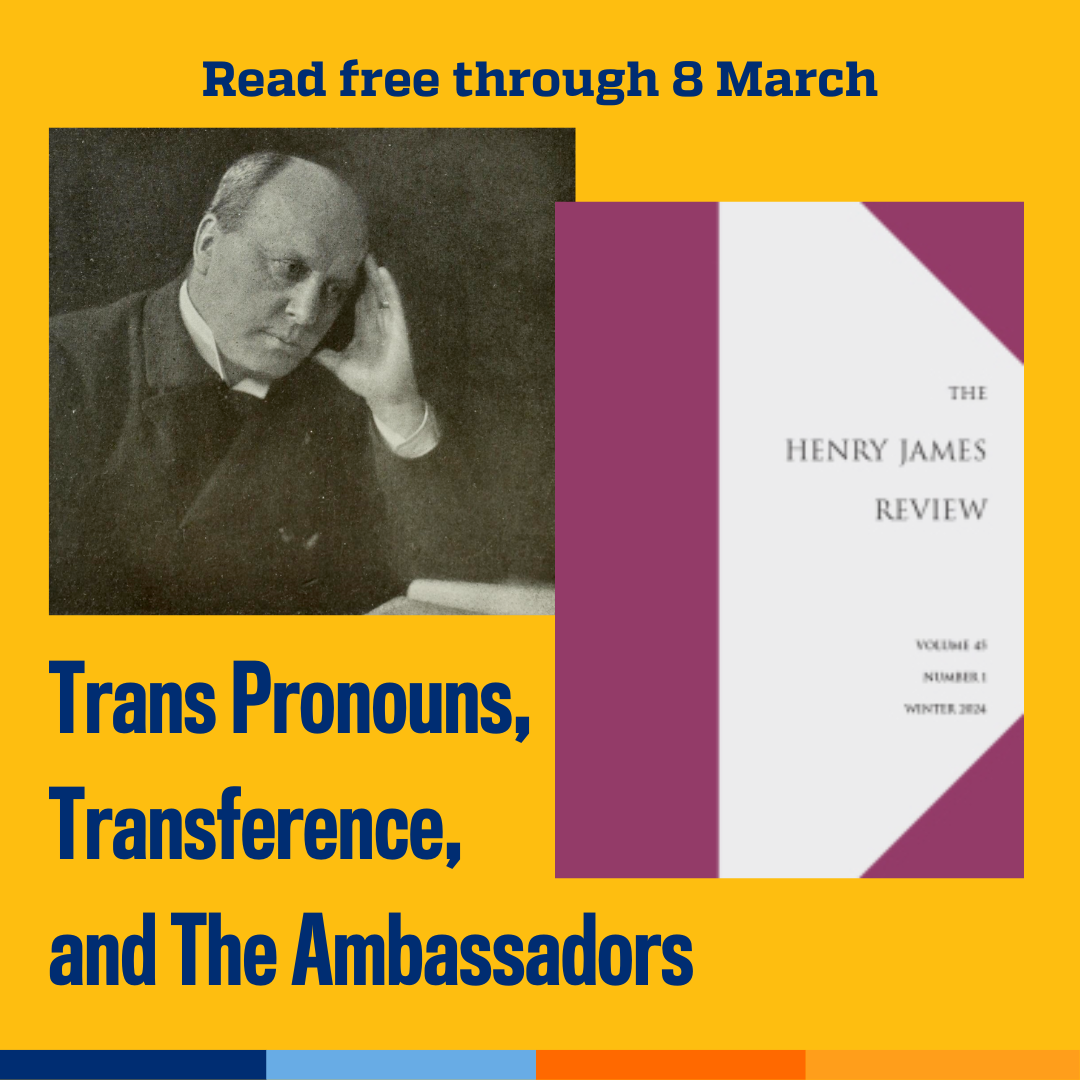
Trans Pronouns, Transference, and The Ambassadors
Kevin Ohi
The Henry James Review
Volume 45, Number 1, Winter 2024
And then Kevin Ohi meditates on trans pronouns and personhood, reflecting on the ways the ghost stories of Henry James effectively obfuscate the boundaries between the third person and the first
Free to read on Project MUSE thru 8 March
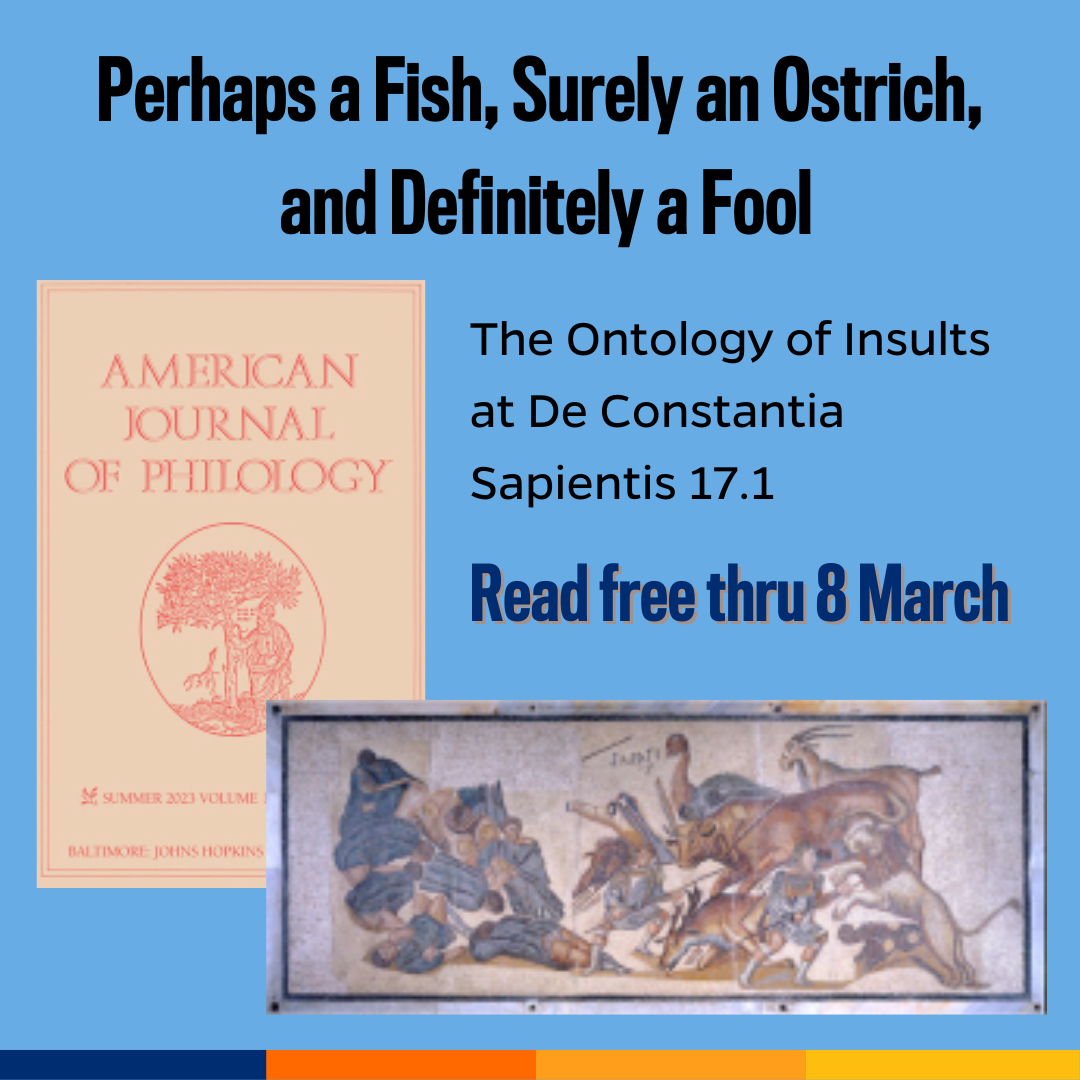
Perhaps a Fish, Surely an Ostrich, and Definitely a Fool:The Ontology of Insults at De Constantia Sapientis 17.1
Tommaso Gazzarri
American Journal of Philology
Volume 144, Number 2 (Whole Number 574), Summer 2023
How should one interpret being called a fish or an ostrich as an insult, and should being called an animal-based insult cause offense?
Find out more about decoding the ontology of insults in De Constantia Sapientis in the new volume of American Journal of Philology—and try not to take getting called an ostrich too personally
Free thru 8 March
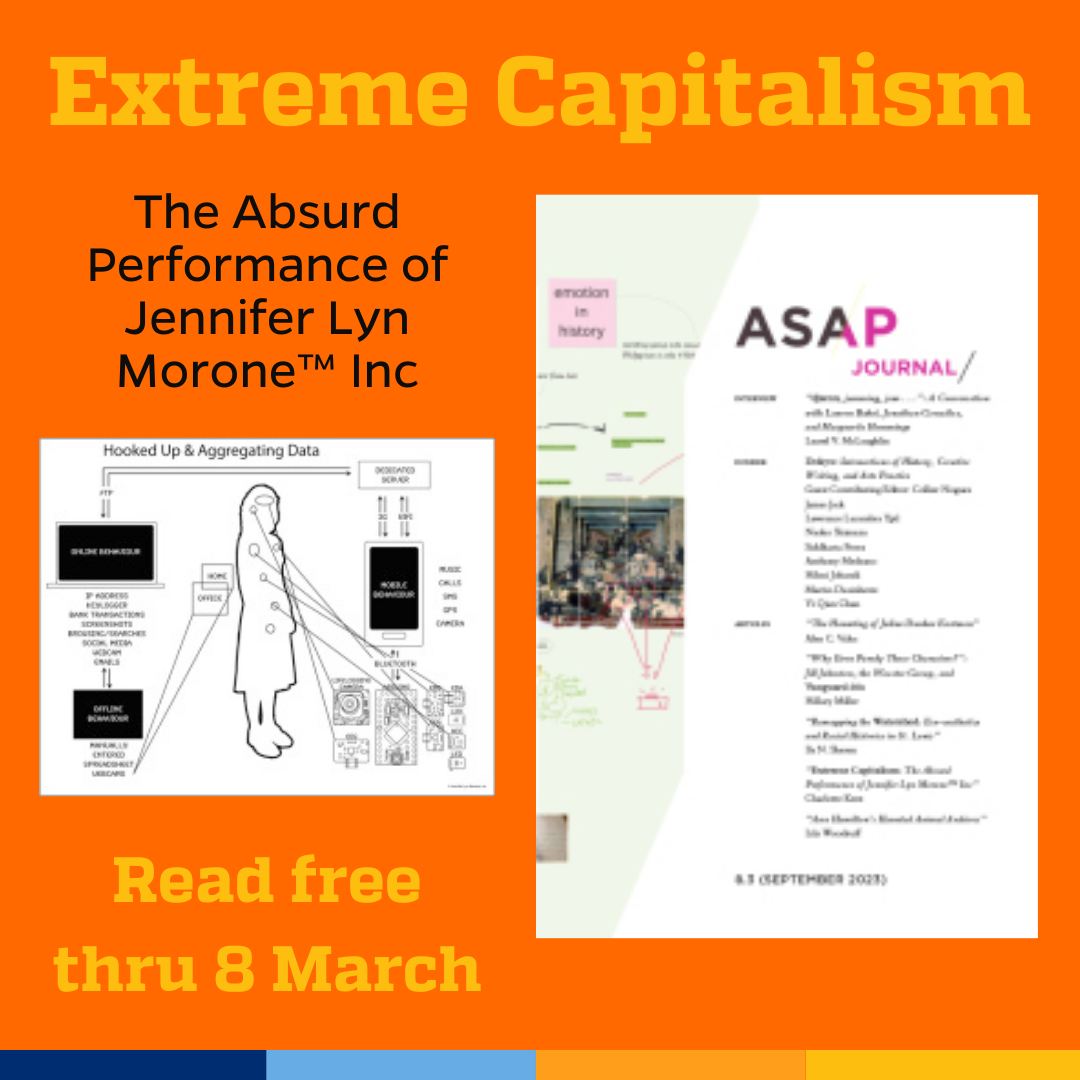
Extreme Capitalism:The Absurd Performance of Jennifer Lyn Morone™ Inc
Charlotte Kent
ASAP/Journal
Volume 8, Number 3, September 2023
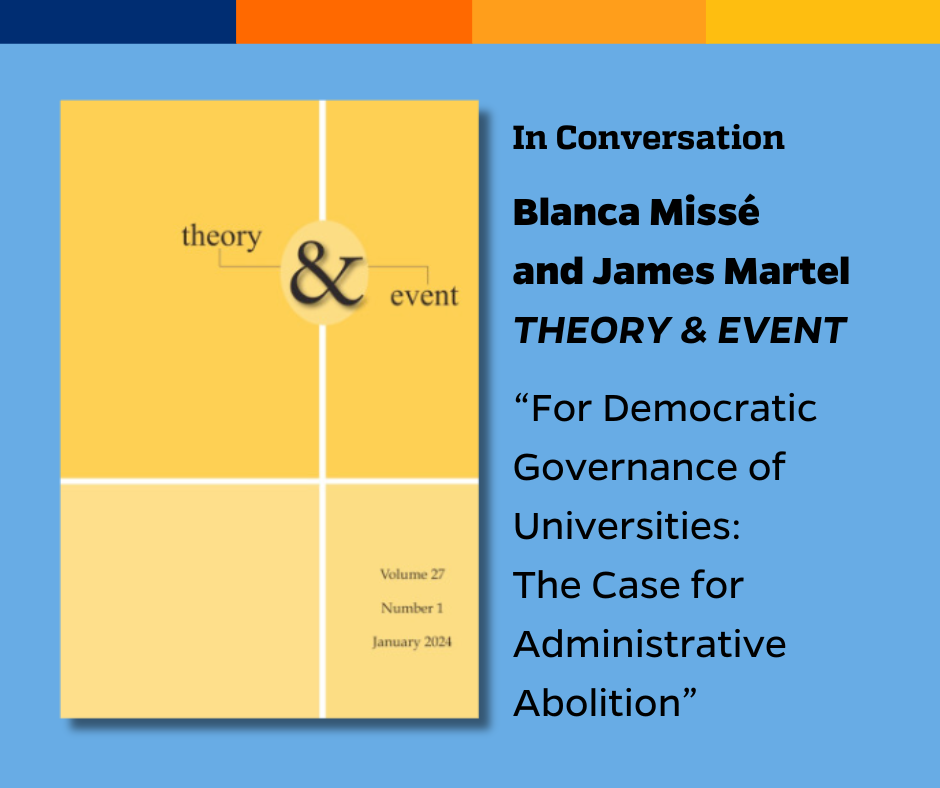
BLOG: In Conversation - For Democratic Governance of Universities: The Case for Administrative Abolition
Blanca Missé and James Martel
Theory & Event
Volume 27, Number 1, January 2024
Blanca Missé and James Martel’s recent Theory & Event article “For Democratic Governance of Universities: The Case for Administrative Abolition” really grabbed the attention of readers — by far our most-read article in January. For the blog, we invited the authors to write more about the background of the piece and how they came to make the case for administrative abolition.


